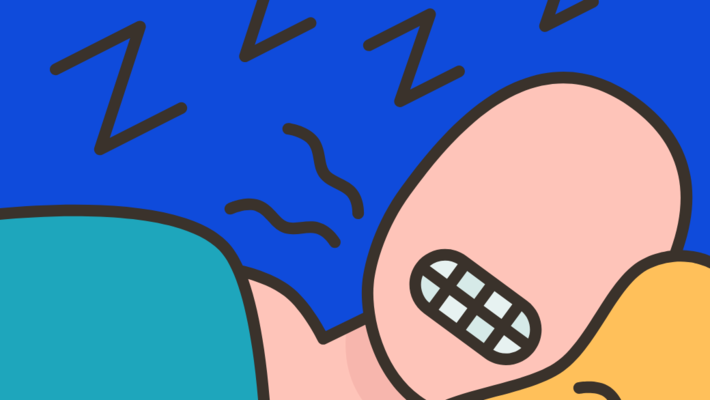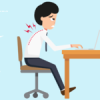What causes of teeth grinding during sleep?
Health News
Grinding teeth during sleep is a more common dental anomaly than you might think. You may not realize that you're grinding your teeth while asleep, and it can adversely affect the health of your teeth and overall oral cavity. Characteristics include teeth grinding, clenching, and muscle tension responsible for chewing. Symptoms are often pronounced during sleep, with individuals experiencing chronic headaches, facial pain, and jaw discomfort. Dental examinations may reveal sensitive, cracked, or worn teeth. According to medical data and research, there's still no clear indication of the exact cause, but it's believed to stem from various factors:
- Stress from work or daily life, leading to pre-sleep anxiety-induced teeth grinding.
Sleep-related issues like sleep apnea. - Abnormal dental conditions such as misaligned teeth, high points on teeth, missing teeth without replacements, crooked teeth, or teeth grinding.
- Age: Children often experience teeth grinding (15-40%), which typically resolves as they grow older.
- Personal habits or personality traits such as competitiveness, short attention spans, or aggressive tendencies may increase the likelihood of teeth grinding during sleep.
- Stimulants like alcohol, caffeine, or smoking.
- Side effects of certain medications like antidepressants and psychiatric drugs.

Teeth grinding symptoms should be consulted with a dentist for targeted treatment to improve both your dental and overall health until you feel better. Don't ignore teeth grinding symptoms, especially if they're accompanied by other issues like insomnia or sleep apnea. Consult a sleep specialist for diagnosis and appropriate treatment.
Follow Our Social Network


